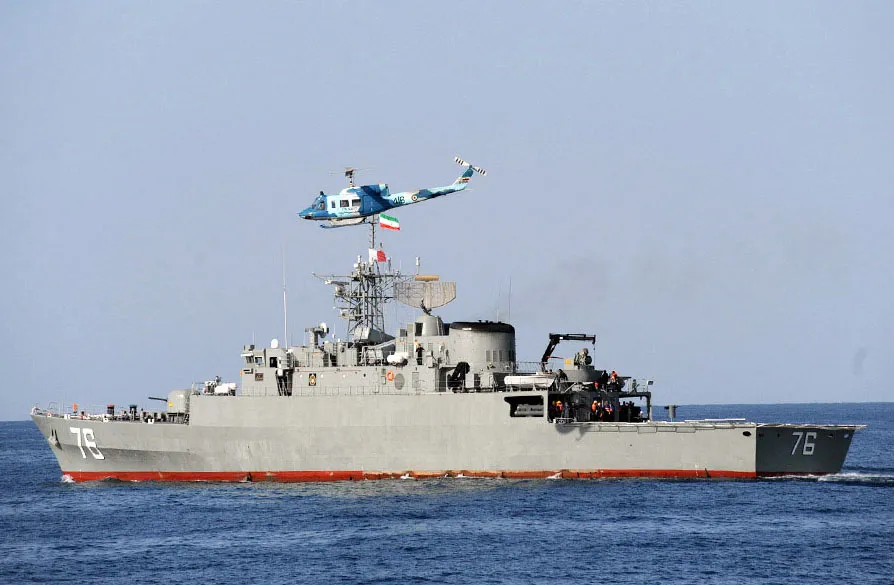Today, the 69th session of NATO’s Parliamentary Assembly, in Copenhagen, held an initial press conference to describe key issues of the session. EIR's journalist asked the first two questions about the peace proposal issued Aug. 28 by four prominent Germans. EIR in Denmark has posted a video of the exchange.
The press conference was addressed by Michal Szczerba, Acting President of the NATO Parliamentary Assembly, from Poland; Mads Fuglede, Head of the Danish Delegation; and Ruxandra Popa, Secretary General of the NATO Parliamentary Assembly. The Parliamentary Assembly consists of 240 parliamentarians from the 31 NATO countries, plus guests and staff.
EIR's Michelle Rasmussen raised the first question::
“A month ago, a proposal entitled, ‘Ending the Ukraine War by a Negotiated Peace,’ was issued by four prominent Germans: General Kujat, former Chairman of the Military Committee of NATO, former Chief of Staff of the German Army; Peter Brandt, historian and the son of Willy Brandt; Horst Teltschik, former president of the Munich Security Conference, and Prof. Hajo Funke.
“It warns that we have come to a crucial point after the Ukrainian offensive has not made significant advances—that either, there is a dangerous escalation pitting Russia and NATO in more direct conflict, which could lead to nuclear war, or we move toward ending the war in three phases: a UN organized ceasefire and pullback; negotiations to determine the status of the Eastern regions and a neutral Ukraine; and a new European security architecture.
“Our editor Helga Zepp-LaRouche has proposed a wide discussion of the proposal, which we printed this week. Do you think that there will be a possibility for the NATO Parliamentary Assembly to discuss a road to a negotiated settlement before, as the authors say, it is too late?”
Michal Szczerba (shortened paraphrase) said that we will make crystal clear our unwavering support for Ukraine for as long as it takes to prevail and to win. And to hold Russia accountable for their crimes. We will discuss what more we can do to support Ukraine. He applauded Denmark taking the lead in the F-16 coalition. As to your question, nothing should be decided without Ukraine. Ukraine should decide whether or not to negotiate. They want to win. This is a horrific war. Of course, we recognize all of these letters and statements, but it is the decision of the Ukrainian people to decide about peace talks.
Mads Fuglede from Denmark agreed that Ukraine has to decide. I understand the best intentions behind all of the discussion about what should happen, but going to negotiations before there is a settlement on the battlefield is very unwise, just helping Russia keep parts of Ukraine. That’s not what we are here for. We are here to help Ukraine free their territory.
Ruxandra Popa said that nine Ukrainian parliamentarians will participate in the Parliamentary Assembly.
The moderator then asked if EIR had another question.
The second question from EIR: “The Ukrainian people have been suffering so much. Is there any discussion about the possibility that the negotiations could be a way to end the suffering, if there is a willingness by both parts, both Ukraine and the Western supporters of Ukraine, and Russia, to say, ‘We have come to a point,’ as they say in their statement—they conclude that neither side can win, and therefore, something else has to be put on the agenda to stop the suffering of, especially, the people of Ukraine. Is there a limit to the suffering, where we say, now we have to do something else? We have to take a different strategy than continuing the escalation.”
Michal Szczerba said that Russia under the current regime is a terrorist state, and we are asking for a war crimes tribunal, and it will be hard for Ukraine to negotiate with terrorist aggressors. We know the suffering, but the best solution is to give them weapons, to win as soon as possible.
The German peace proposal was distributed to the speakers and the other journalists.



